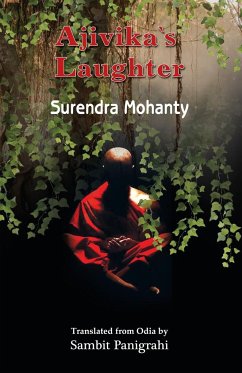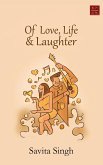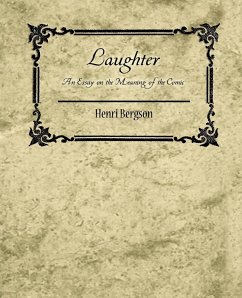Dispelled from Buddhist community of 'Mahabana Vihara' because of their deviant behaviour, Upananda and Kshema, roam through jungles and cities to ultimately become the leaders of a deviant group of disciples who purposely defy Buddhism's principles of renunciation and self-abnegation. Such deviation culminates in a confrontation between the principle-abiding older disciples and the deviant younger ones who desire to live free and licentious lives, going against the restrictive religious proscriptions of their community. This conflict is the central theme of Surendra Mohanty's Odia novel Ajibakara Attahasya (translated into English as Ajivika's Laughter by Sambit Panigrahi) and it defines the novel's unique and vibrant character. Ultimately, this internal ideological conflict in the community culminates in a mega-Buddhist council arranged by monarch Ashoka in Baisali where the older and younger disciples confront, argue and debate for their respective sides and finally, the younger disciples win this religious battle. Monarch Ashoka supports and patronizes the latter and provides them with all material benefits and pleasures of worldly life, and by doing so, he becomes their chief religious patron. With their help and support, he not only rectifies his tarnished 'Chandashoka' image, but also tactfully maintains his kingdom's territorial integrity by turning his citizens into compulsive religious subjects such that any possibility of internal rebellion could be completely nullified. The novel possesses a unique character as it depicts not only the progressive decline of Buddhism as a religion after the demise of its prophet, but also its strategic use by monarch Ashoka to maintain the territorial integrity of his vast and expansive empire. In doing so, the novel not only punctures the celebratory, transformed and religious image that History has benevolently attributed to monarch Ashoka, but also challenges its monopoly over truth thereby presenting alternative versions of History that do exist, yet go unrecognized.
Hinweis: Dieser Artikel kann nur an eine deutsche Lieferadresse ausgeliefert werden.
Hinweis: Dieser Artikel kann nur an eine deutsche Lieferadresse ausgeliefert werden.








